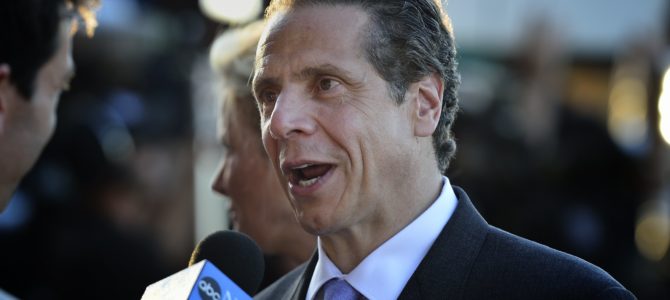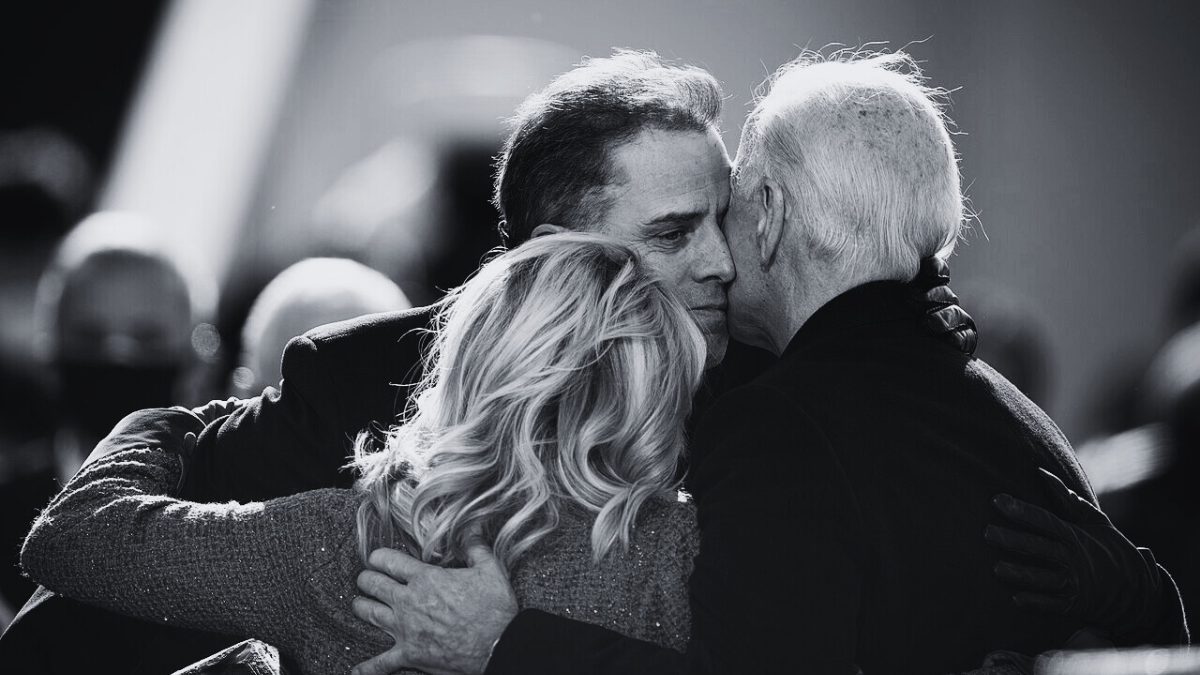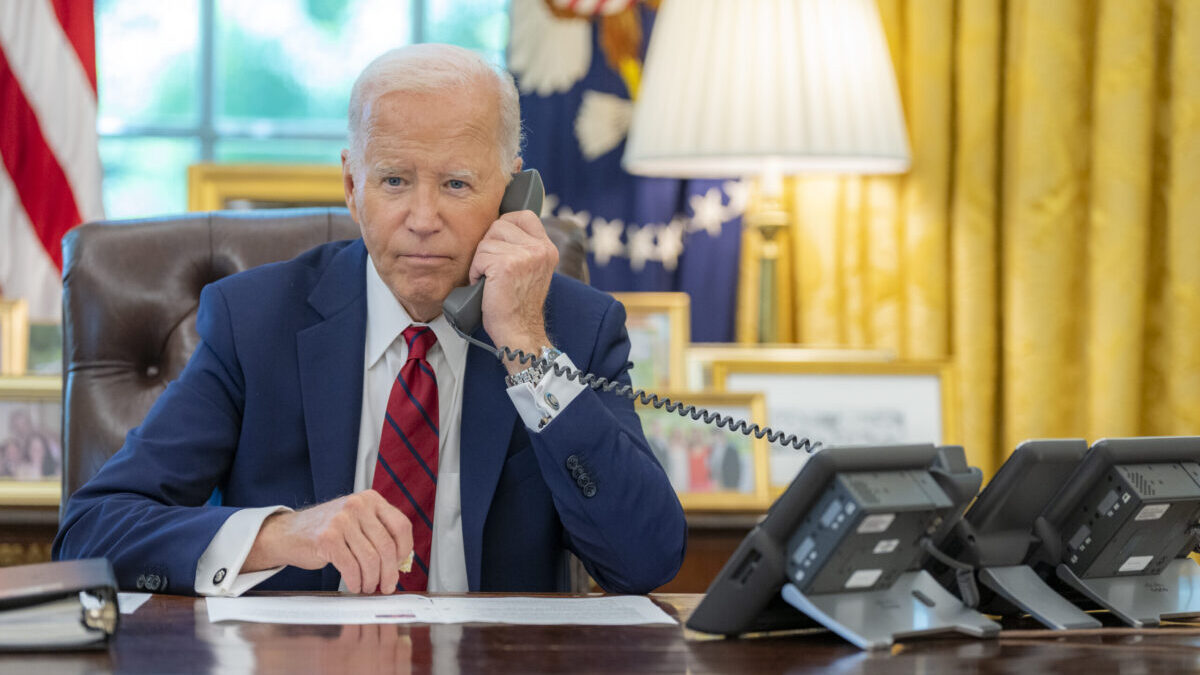
Not sexually harassing people should be a very, very low bar. In a country of hundreds of millions, it shouldn’t be hard to fill 50 governorships, 100 U.S. Senate seats, 435 U.S. House seats, and one Oval Office with individuals who possess some sense of common sense and decency.
Yet both seem rare in the halls of government today, and their combination rarer still. As Plato noted in his “Republic,” good men are not naturally inclined “to hold rule and office and take other people’s troubles in hand,” and so “the chief penalty is to be governed by someone worse.”
While some allegations against political figures are no doubt baseless fabrications for political points, the number of credible allegations (of harassment as well as other scandals) surprises us. Disgraced New York Gov. Andrew Cuomo is just the latest example. If these people really are servants of the public who work at the bidding of their voters, why do they act like the rules don’t apply to them?
Quite simply, they’ve been allowed to believe the rules don’t. We’ve seen it in the less criminal, but still sinister, actions of political shot-callers living by different rules than the draconian lockdowns they told you to follow over the past year.
From lecturing us on climate change from private jets to holding massive, ornate funerals while expecting the rest of us to tell dying loved ones goodbye over FaceTime, elites like Cuomo aren’t just hypocrites — they live by a hierarchy in which their actions are defended by the willfully blind eye of a fawning corporate media.
We saw the same double standard at former President Barack Obama’s 60th birthday bash, where hundreds of celebrities and other well-connecteds partied while their political camp threatened the rest of us with new lockdown measures. True to form, Annie Karni of The New York Times covered for them, excusing their actions because they were a “sophisticated” crowd.
Such hierarchy is the consequence of asking political figures to solve every problem in your life and handing them free reign to do it. Slimeballs like Cuomo are merely the backwash of a system that has given up on accountability.
A great deal of America’s failure to keep its powers-that-be in check owes to the size of our bloated bureaucracy. We expect a government of fallible men to do so much, it’s impossible to keep track of whether (and how well) the government does it. Can you remember every government program or action of which you’ve ever disapproved? Much less, have you followed up on each action’s results?
In an ideal world, perhaps a vast swath of media outlets and intrepid investigative reporters could play the role of watchdog to this massive machine. But instead, the ancient powerhouses of journalism are playing goalie.
Thanks to the combination of compromised media and an endless catalog of expanded government powers all needing oversight, more abuses go unpunished than caught. Unfortunately, before his ouster for harassment, Cuomo escaped accountability for another, even more egregious abuse of responsibility.
Before allegations of sexual harassment undercut his political clout, Cuomo sealed the deaths of thousands of vulnerable nursing home residents in New York by ordering their facilities to take in COVID-19 patients. (Other Democrat governors did the same thing and have yet to face meaningful consequences for it.) Then the Cuomo administration tried to cover the scandal up. Rather than hold him to account for the deaths he caused, powerful Democrats, corporate media, and Hollywood personalities sung his praises.
The rise and fall of Andrew Cuomo is a textbook lesson in two enduring truths. First, people are sinful, not inherently good. We should be grieved, righteously angry, and motivated to action by the evil deeds of people like the disgraced New York governor, but we should not be surprised.
Second, sinful people will usually do what you let them get away with. This truth harkens back to the prophet Samuel’s warning to the ancient Israelites, who clamored for a king. A ruler with such power, Samuel warned, would take for himself the people’s livestock and crops and servants and children. Yet the people wanted a powerful leader, and it was granted them.
The genius of representative federalism is not that it erases or fixes bad people but that it constrains them. It cannot perform as intended in a system so large and convoluted that bad deeds go unnoticed and excused.
Handing unquestioned power — like the power to shut our businesses down, close our schools, censor our speech, and sue into submission parents who question racist education — over to people like Cuomo will only make them bolder. It emboldens attitudes of lawlessness with results that are sometimes criminal but always crooked.
Thank goodness Cuomo is gone, but his resignation won’t end the system that created him. Holding corrupt power accountable is an uphill battle that will remain to be fought as long as mankind walks the earth.









